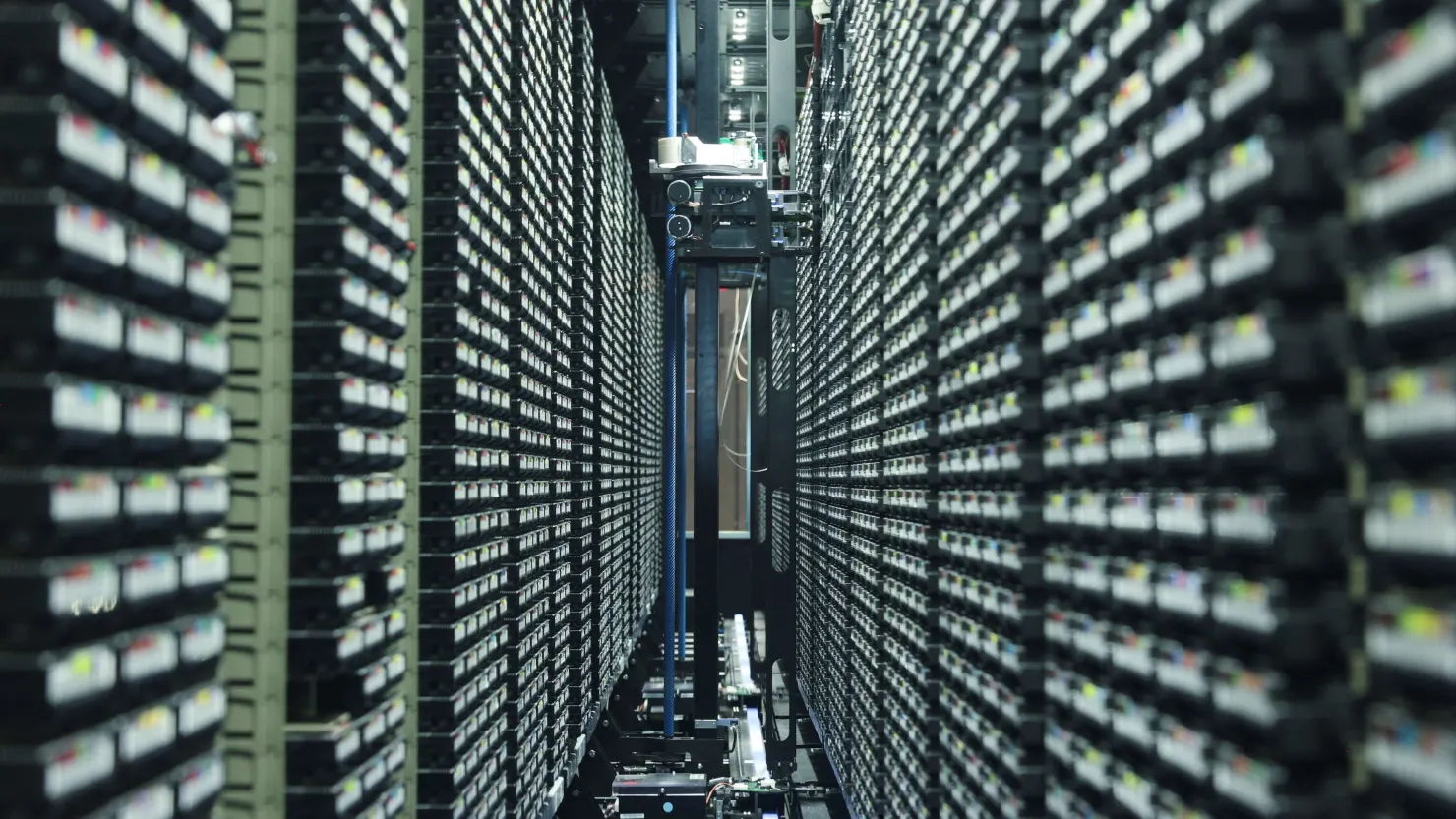Europe is moving forward with ambitious plans to establish AI gigafactories as part of its strategy to revitalize its artificial intelligence sector and secure technological sovereignty. These facilities are envisioned as powerful hubs combining computing capacity, high-quality data, and skilled talent to support the development of advanced AI models and applications.
The idea gained traction after strong endorsements from industry leaders, highlighting AI factories as key infrastructure for the next industrial revolution. European officials describe the initiative as a dynamic ecosystem designed to accelerate innovation by providing shared access to essential resources, especially for small and medium-sized enterprises that lack the means to build such capacity independently.
While Europe is rich in researchers—boasting 30% more AI-focused experts per capita than the U.S.—and hosts around 7,000 AI startups, limited computing power remains a bottleneck. To address this, the EU has allocated €10 billion to establish 13 AI factories and an additional €20 billion to initiate the gigafactory program. The response has been significant, with 76 expressions of interest submitted from 16 member states across 60 proposed sites.
Gigafactories are modeled on the idea of transforming raw data into usable AI products. They function as advanced data centers with massive GPU capacity, enabling model training and inference at scale. Analysts note that the success of these facilities will depend not only on the technology but on their practical application—turning computational power into meaningful and secure AI services.
An early example is Norway’s AI factory, launched by telecommunications company Telenor, which is working on data-sensitive projects like BabelSpeak, a secure translation model used by border authorities. The focus on data sovereignty is central, as businesses require secure environments to innovate with AI while protecting sensitive information.
The scale of these gigafactories presents challenges, particularly regarding energy infrastructure. Each site may require up to one gigawatt of power, raising questions about grid capacity and long-term sustainability. As the EU prepares to form investment consortia and issue further calls for funding, success will hinge on private sector participation and strategic planning to align infrastructure with innovation goals.
READ MORE:
